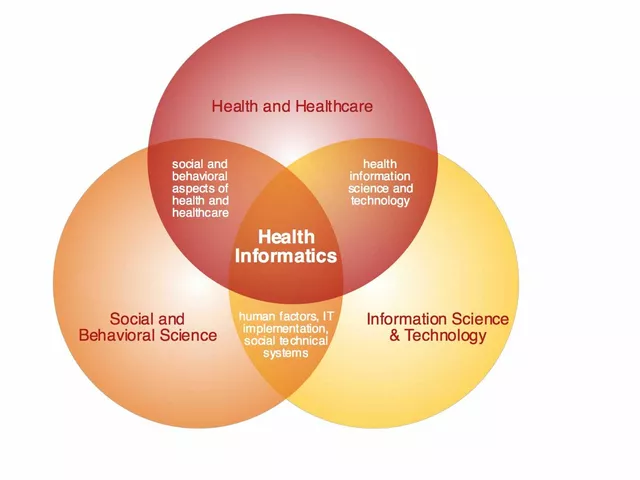Texas health & COVID updates: what residents should know now
Texas has its own rules, programs, and challenges when it comes to health care. If you live here, you need practical steps, not headlines. This tag page gathers posts and clear tips to help you navigate insurance, COVID guidance, low-cost care, and patient rights in Texas.
First, check your coverage options. Texas did not expand Medicaid under the Affordable Care Act, so many low-income adults may not qualify. That makes the Health Insurance Marketplace, employer plans, and short-term policies more important. Use open enrollment windows and verify subsidy eligibility—the right plan can cut your monthly cost a lot.
Find affordable care fast
If you need low-cost care, start local: community health centers and county clinics often offer sliding-scale fees based on income. Federally Qualified Health Centers (FQHCs) provide primary care and vaccinations at reduced rates. Hospitals also have financial assistance policies—ask billing or patient financial services about charity care and payment plans before bills pile up.
Prescription costs are a major burden. Ask your doctor for generic options, check manufacturer co-pay cards, and explore state or national prescription assistance programs. Some pharmacies offer discounted generics for cash payments, which can be cheaper than insurance copays for certain meds.
COVID-specific tips for Texans
Vaccine availability, boosters, and local rules change by county. Look for free vaccine clinics run by county health departments, FQHCs, and pharmacies. If you test positive, follow local health department guidance on isolation and reporting. Many areas still offer free or low-cost testing—call your county health office to find current sites.
Mental health matters. Texas has long wait times for public mental health services in some regions. If you or a family member need care quickly, search for community mental health centers, telehealth providers, or local non-profits that offer sliding-scale counseling. Emergency rooms are for crisis care, not routine counseling.
Want to reduce surprise bills? Ask for an estimate before non-emergency treatments, confirm in-network status, and get pre-authorization if required. If you receive a surprise out-of-network charge, contact the provider’s billing office and your insurer right away. Texas has consumer assistance resources that can help mediate disputes.
This tag also links to deeper reads on U.S. healthcare structure, racial bias in medicine, and practical health tips. Those posts explain why costs are high, how cultural competence affects care, and small daily steps that improve health. Browse the tag for advice you can use in Texas today.
If you have a specific question about coverage, vaccines, or finding care in your county, tell us which city or county you’re in and we’ll point to the most relevant posts and resources on this site.
What's the best health insurance plan in Texas in 2019?
Posted by Finnegan Beckett On 31 Jul, 2023 Comments (0)

Well, hello there, folks! I've been scouring the plains of the health insurance world, and by golly, I've found the nugget of gold in the Lone Star state. In 2019, the crown of the best health insurance plan in Texas goes to Blue Cross Blue Shield of Texas. They're like the BBQ brisket of health insurance - robust, reliable, and they've got you covered, partner! With a wide range of coverage options and a network as wide as Texas itself, they've lassoed the title this year. Yeehaw!




